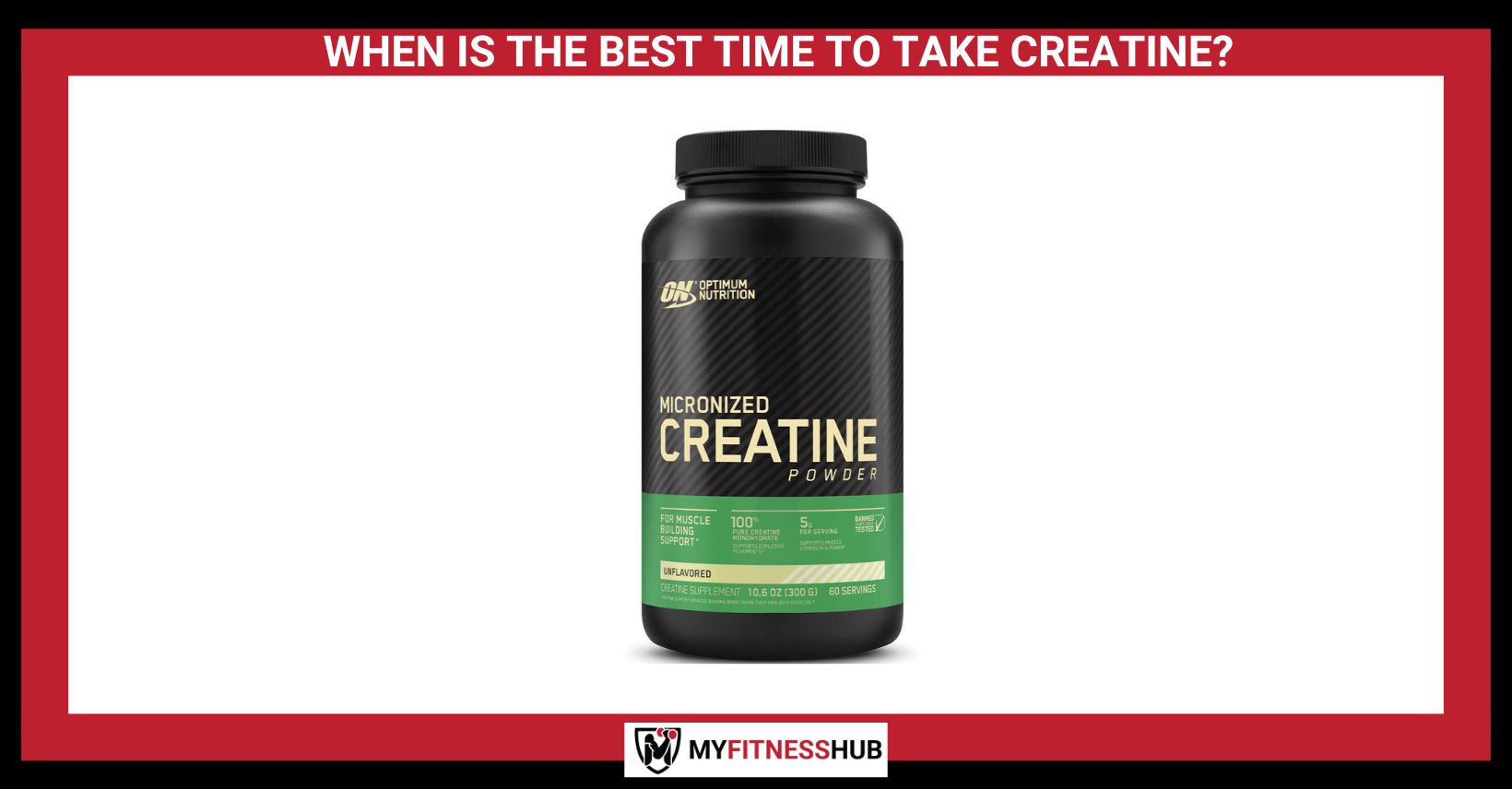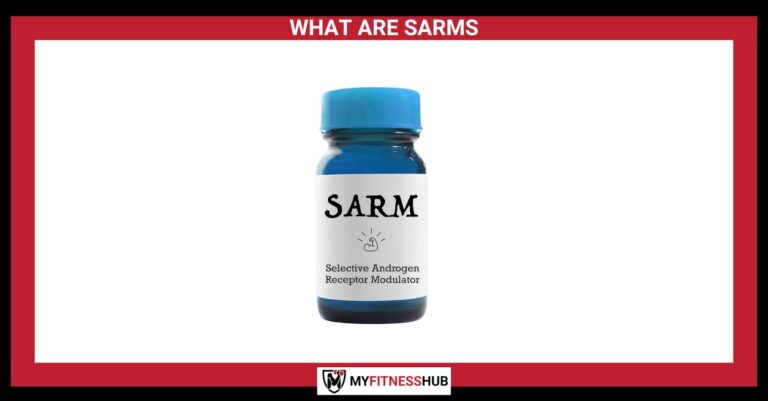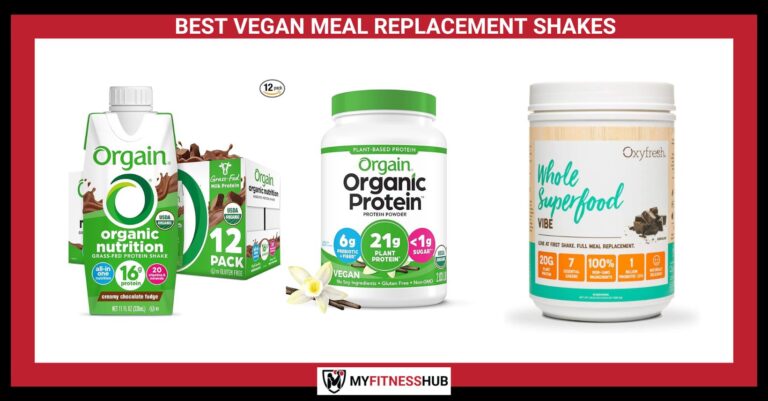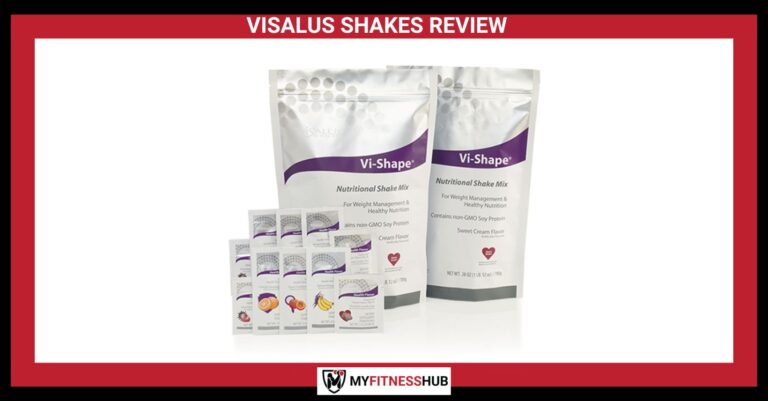WHEN IS THE BEST TIME TO TAKE CREATINE?
CONSIDERING CREATINE?
Creatine is a controversial fitness supplement in the world of health and fitness. It’s the number one supplement for boosting exercise performance; many bodybuilders swear by it. It’s often associated with overly jacked gym bros and has a varied reputation among those more focused on the overall health benefits of a good diet and exercise. Suppose you’re considering creatine supplements as an addition to your exercise routine. In that case, it is worth knowing when to take creatine, what it is, and what its effects are before deciding on an answer to the question, “When should I take creatine?”
Below, we’ll briefly introduce creatine supplementation, explain it, and answer common questions such as, “What does creatine do?” “Does creatine work?” and “Is creatine bad for you?” before moving on to the big question of when you should take creatine to get the best benefits for your workout routine.
WHAT IS CREATINE?
Creatine supplements work by providing a high level of amino acids that your body can break down into creatine phosphate. This form of cellular energy feeds your muscles during intense, explosive exercises such as HIIT routines, sprints, or heavy lifting bursts. Creatine supplements increase the fuel available to your muscles, allowing you to keep that high power level up for slightly longer reps.
Creatine helps your muscles recover quickly between sets during exercise, which means you can do more work in a single workout before running out of energy for your muscles. This means you can work out longer and harder, leading to faster gains in muscle size and strength from working out.
Creatine has been known to boost performance in repeated sessions of intense heavy exercise since the 1970s. Soviet scientists discovered the benefits of creatine supplements and used them to help maintain the USSR’s impressive performance in the Olympic games throughout the 1970s and 1980s.
BENEFITS OF CREATINE
The effects of creatine can vary somewhat between users, as everyone’s body is a little different, and how you metabolize certain supplements can differ. In most cases, combining creatine use with regular weight training can slow down the loss of bone mass as your body ages. It potentially reduce the risk of osteoarthritis, keeping your joints flexible and pain-free.
Creatine also usually causes muscle fibers to grow faster when combined with resistance training and similar forms of exercise. This means it can allow you to get a little more out of your workout routine, reducing the rest you need during a workout session. You still have to do the exercise; creatine isn’t some magic fitness pill you can take to build muscle without needing to work out!
Creatine has a couple of other benefits, in addition to moderate boosts to exercise performance and muscle strength. These are useful benefits for anyone, not just people who work out a great deal. Sleep deprivation can be a major problem for many people, dragging your mental performance down and causing a much worse mood. These effects are partially due to a drop in creatine levels in the brain caused by sleep deprivation. Studies suggest that creatine supplements help significantly with the decline in mental performance that most people experience when low on sleep and can be just as effective as caffeine but without unwanted side effects and addiction problems!
CREATINE SIDE EFFECTS
There aren’t many side effects associated with creatine, and those known are fairly insignificant. Creatine supplementation can often lead to around 2 to 4 lbs of weight gain in the first week or so, primarily due to your muscles retaining water to increase growth. That’s nothing to worry about for most sports, although some sports that require a lower weight may find it an issue. Combat sports with weight limits on competition bands may have an issue with this, particularly if you’re normally on a weight threshold. At the same time, endurance cycling and running or swimming can cause a drop in performance due to increased weight.
The added water weight tends to help your muscles to feel a little bigger, as this is where the water retention is concentrated, so it isn’t much of a problem unless you’re involved in a sport where weight limits are relevant to performance or competition.
There are reports of those who use creatine supplements experiencing a higher incidence of cramping and injury. The good news is that these claims are unfounded. There hasn’t been much research on this topic, but a few studies have indicated no increased risk of cramping and injury from creatine supplementation.
The other major side effect of creatine that has been reported on a few occasions is an increased risk of kidney problems. This is primarily complications with pre-existing medical conditions, in which users who already have issues have developed further problems while taking creatine supplements. If you’re healthy and don’t already suffer from medical issues, there shouldn’t be much of an issue with taking creatine.
CREATINE AND DIABETES
Creatine can have unwanted side effects if combined with diabetes medication and can cause complications if taken by unmedicated diabetics. In general, it is recommended that people with diabetes avoid taking creatine at all, as it can cause several side effects and problems. Creatine can affect blood sugar levels, which must be carefully maintained and balanced by diabetics, and also significantly increases the risk of developing kidney and liver problems if taken by those who have diabetes.
If you’re at all uncertain about taking creatine, talk to your doctor first to ensure that there are no problems with possible interactions between creatine and any other medication you may be on. If in doubt, you should avoid adding creatine or any other supplement.
HOW TO USE CREATINE
If you’re starting to take creatine, a couple of things are worth remembering. The first is that it is generally recommended to start with what’s known as a “loading phase,” in which you take higher amounts than usual (usually around 20 grams) for about five days. This loading phase quickly boosts the creatine content of your muscles with a high level of creatine supplementation, getting them all set up and ready for maximized exercise performance.
After a few days of this loading phase, you should cut down to a maintenance dose, usually 3 to 5 grams every day, to maintain this elevated level of creatine in your muscles.
WHEN TO TAKE CREATINE
Most people who use creatine supplementation like to take creatine pills or powder when they exercise, but there are three main options for when to take creatine powder or pills on those days. You can take it just before you start exercising, after you’ve finished exercising, or at some other time during the day. Alternatively, as a bonus fourth option, you can split your daily dose and take a little at a time at various times.
A great deal of research has been done to find out what the best time is to take creatine. Several scientific studies with reliably large sample sizes have given solid scientific backing to the arguments about creatine. The problem is that several studies have shown different results, so there is yet to be a clear answer as to whether taking creatine before or after exercise is better. A couple of studies indicate that taking creatine after exercise is better than taking it before. Still, other studies show no difference in results between creatine and creatine after exercise.
The research seems to indicate that it matters how close to exercise you take creatine supplements. Evidence indicates that taking creatine either just before or just after exercise offers noticeable benefits over taking it early in the morning or late in the evening, further away from the times at which you exercise.
So, overall, it’s not entirely clear when the best time to take creatine is, but it seems to be worth taking it as closely as possible when you exercise. Splitting your dose in half and taking half just before you exercise and the other half after you’ve finished exercising seems to be a good option that offers significant benefits. Still, there’s nothing wrong with taking all of it just before or after exercise if you don’t want to go to the trouble of splitting your dose into two sessions.
WHEN TO TAKE CREATINE ON REST DAYS
The timing of your creatine pills or powder is much less important when taking it on days when you’re not planning on exercising. All you’re aiming to do when creating on rest days is to boost the creatine levels in your muscles and keep them at a higher level constantly, even when you’re not exercising. It doesn’t matter when you take it during the day you take it, as you aren’t doing any exercise that might use the creatine; you only continue to take the creatine supplements regularly.
CONCLUSION
Whether you’re a relatively casual exerciser or a serious bodybuilder, it pays to understand how creatine works, what creatine does, and when to take creatine before you start taking creatine supplements regularly. Hopefully, the guide above has given you enough information to understand everything you need to know about when to take creatine and the scientific backing of the various arguments around the advantages and disadvantages of creatine.
As long as you take creatine near when you work out each day, you should be able to benefit from this supplement. The full extent of its effects will vary from person to person and depend on your particular workout routine, but most users should be able to achieve some small boost to their exercise performance.







